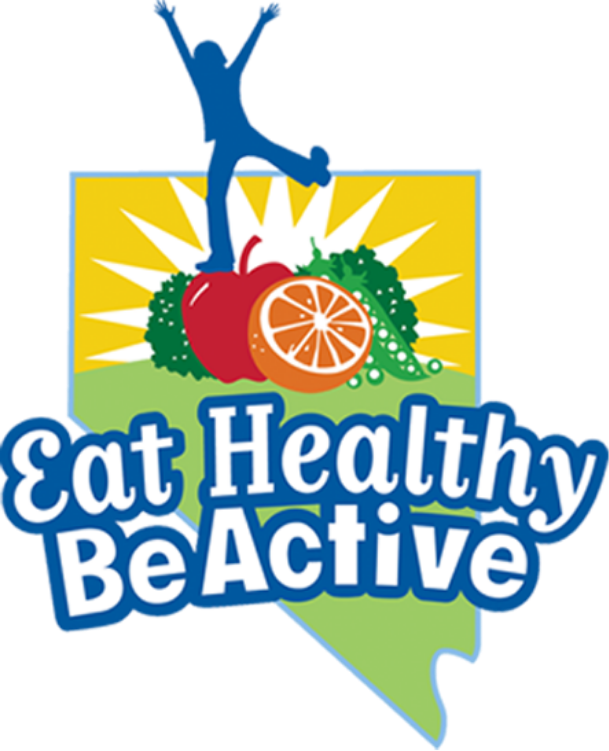Food costs are on the rise. Read on for tips on how to stretch your food dollars by planning ahead, budgeting, making smart food choices, and preparing low-cost recipes.
Before shopping plan your weekly meals and snacks. Preparing in advance will help you know what you need and help you put leftover to good use. Go online to look for coupons, sales, and store specials. Only use coupons on foods you normally eat. Make sure the coupons give you the best value for your money. For added savings, sign up for the store discount card.
During shopping, make sure to eat something before you go. It’s easier to stick to your shopping list when you are not hungry. Compare products for the best deal. Use unit pricing and the Nutrition Facts Labels to get the best product for your money. Also try store brands. They are the same quality and cost less.
After shopping, store food right away in the refrigerator or freezer to keep it fresh and safe. If you buy a large amount of fresh food, like meat, poultry, or fish, divide into meal-size packages, label the food and freeze it for later use. Start using foods with the earliest expiration dates first.
Tips for Best Buys for Cost and Nutrition:
Breads and Grains: Choose whole-grain breads. Look for bargains on day-old varieties. Buy regular brown rice and old-fashioned oats and grits instead of instant varieties to save money and consume less sugar, salt, and calories.
Vegetables: Buy large bags of frozen vegetables. When choosing canned vegetables, look for “low sodium” or no added salt” on the label.
Fruits: Buy fresh fruit in season, it generally costs less. Frozen and canned fruits are available year-round, can save you money and have similar nutrition values to fresh.
Low-fat or Fat-free milk products: Buy low-fat or fat-free milk, yogurt, and cheese in the largest size that can be used before spoiling. Larger containers cost less per serving than smaller sizes. Ultra-pasteurized milk found on store shelves has a longer expiration date and won’t spoil as fast.
Meats and beans: Dried beans and peas are a good source of protein and fiber. They can last a year or more without spoiling. Canned tuna packed in water is an inexpensive healthy protein choice. Light tuna has less mercury than white (albacore) tuna.
